Recommended Reading
The Industry
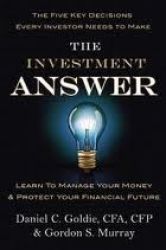
The Investment Answer
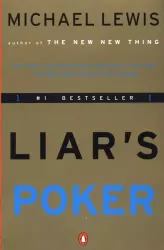
Liar's Poker
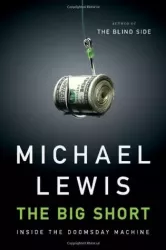
The Big Short
Prudent Portfolio Management
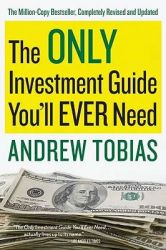
The Only Investment Guide You'll Ever Need
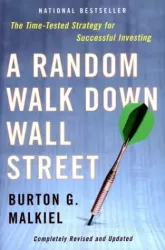
A Random Walk Down Wall Street
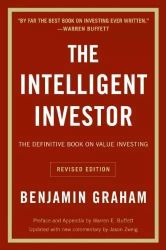
The Intelligent Investor
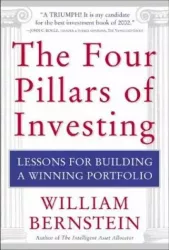
The Four Pillars of Investing
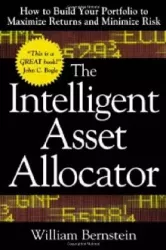
The Intelligent Asset Allocator
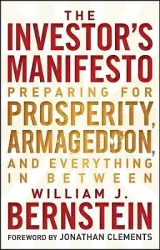
The Investor's Manifesto
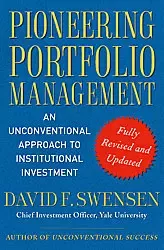
Pioneering Portfolio Management
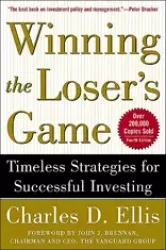
Winning the Loser's Game
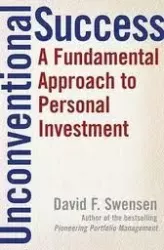
Unconventional Success
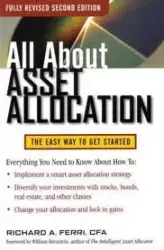
All About Asset Allocation
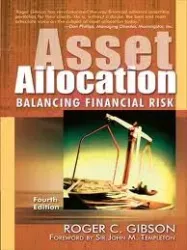
Asset Allocation, 4th Ed
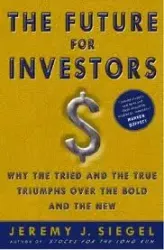
The Future for Investors
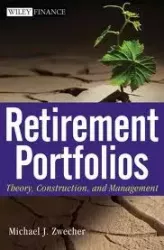
Retirement Portfolios
Though geared mainly toward financial planning professionals, this book should be of interest to anyone nearing or in retirement. Though a bit techinical at times, the reader will come away with an understanding of how portfolio management differs in retirement, why cash flow flooring is so important during retirement years, the calculation of flooring needs, and alternative solutions for flooring.

The White Coat Investor
A book by a physician for physicians. It's obvious physicians are both smart and hard working, but when it comes to money many make some pretty horrible financial decisions. If you are a physician (or even if you're not), read this book before it's too late. Your finances and retirement years will be much better for it.
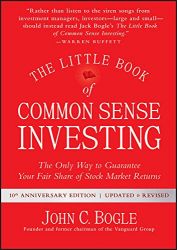
The Little Book of Common Sense Investing
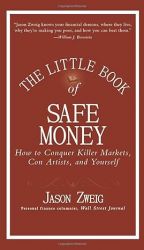
The Little Book of Safe Money
As we move through a period of prosperity and away from economic downturns, investors tend to open themselves up to more risk without even knowing it. Published not long after the 2007-2008 financial crisis, with this little book Jason Zweig had fresh in his mind the perils of letting one's guard down. This book is a great summary of those perils we tend to forget about until they show up expectedly and often violently as well as sage advice on how to avoid them. Make no mistake, risks are always lurking.

The Richest Man in Babylon
This book should be required reading! Originally published as a series of pamphlets and distributed by banks/insurance companies in 1920-24, they were then bound together and published as a book in 1926. Set in ancient Babylon, the author offers a series of short parables to describe and explain what it takes to live a financially secure and settled life. Truely timeless and sage advice!
Investment Vehicles
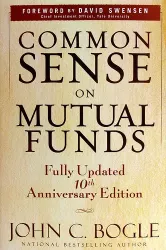
Common Sense on Mutual Funds
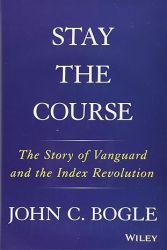
Stay the Course
In his final book, Jack Bogle tells of his background and involvement in the incredible yet unlikely story of Vanguard. He discusses challenges, failures, successes, and the importance doing what is right. We also get a history of several funds and what was learned from not only those that succeeded, but also those that failed. The work isn't done, though, and Jack describes what he sees as the challenges and opportunities for the industry going foward. He concludes with "What Really Matters: A Memoir". I am grateful this book was completed before the passing of the great Jack Bogle for whom all investors should feel indebted.
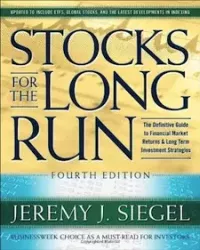
Stocks for the Long Run
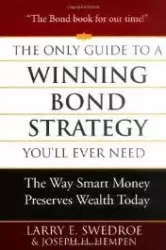
The Only Guide to a Winning Bond Strategy You'll Ever Need
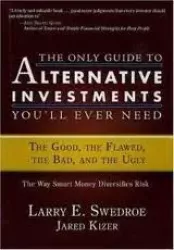
The Only Guide to Alternative Investments You'll Ever Need
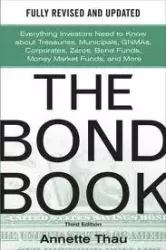
The Bond Book, Third Edition
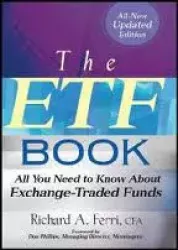
The ETF Book
History of Markets
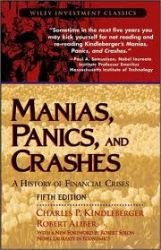
Manias, Panics, and Crashes

Devil Take the Hindmost
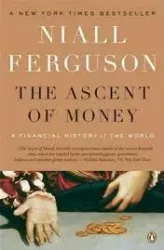
The Ascent of Money

Against the Gods
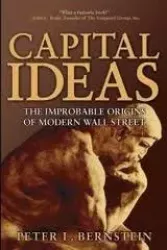
Capital Ideas
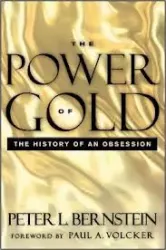
The Power of Gold
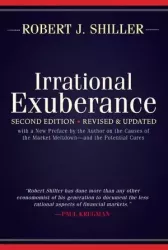
Irrational Exuberance
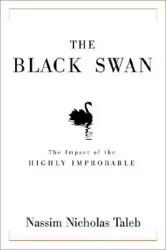
The Black Swan
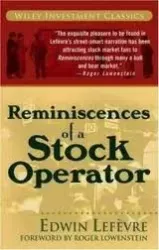
Reminiscences of a Stock Operator
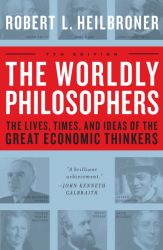
The Worldly Philosophers
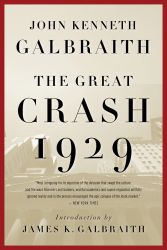
The Great Crash
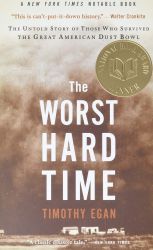
The Worst Hard Time
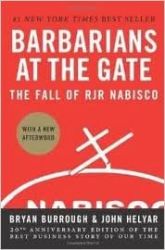
Barbarians at the Gate
Barbarians at the Gate chronicles not only the rise and fall of RJR Nabisco, but also the evolution of corporate American culture from the Guilded Age through the end of the "greed is good" corporate raider era of the 1980s. It provides an entertaining and disturbing insight of how corporate culture morphed from one of executive trusteeship, to one of them placing their own interests well ahead of the owners and employees.
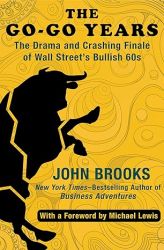
The Go-Go Years
The Go-Go Years chronicles the 1960s, a time when the Great Crash of 1929 and following depression were all but forgotten. A young new breed of hot hands had entered a Wall Street ripe with takeovers, conglomerations, scams, and market crashes. This book not only reminds us there's nothing new when it comes to the behavior of people, but also depicts a very radical turning point in the development of markets and related technologies.

Once in Golconda: A True Drama of Wall Street, 1920-1938
This a fantastic history starting in 1920 when Wall Street was ruled by private clubs of the wealthy elite, relying solely on the probity of such men for order and fairness. During the roaring ‘20s, however, such honor amongst men could not hold against the alure of quick profit. Pool operators manipulating markets, banks reducing lending standards and offering shady investments, and general gambling amongst men; all coming to a head in the Great Crash of 1929. Up until the 1930s, Wall Street was self-regulated, but the fallout from the Great Crash was too much for the country to bear. The US government would soon come to regulate through passage of the 1933 Banking Act, Securities Exchange Act of 1934, and the creation of the Securities & Exchange Commission; none of which was thinkable until things fell apart. The book also follows the remarkable rise and fall of Richard “Dick” Whitney, but I won’t spoil that story for you. If you enjoy history, read this book!
Psychology of Investing
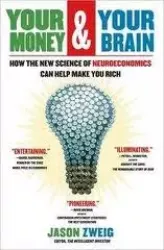
Your Money and Your Brain
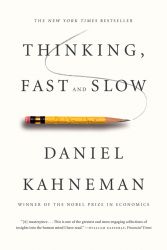
Thinking; Fast and Slow
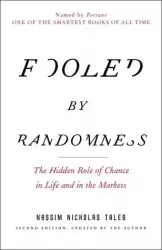
Fooled by Randomness
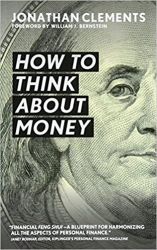
How to Think About Money
In this book Jonathan Clements, a long time personal finance writer at the WSJ, provides practical advice about how to think about and manage our finances in a way that puts money in its place to allow a more comfortable and fulfilling life. The book is built around 5 ideas: 1) Focus on what truly creates happiness 2) Plan on living a long life 3) To be human is to be hardwired for poor financial management 4) Think big picture by focusing on each paycheck 5) Some games are best won by not losing
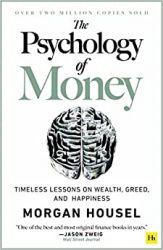
The Psychology of Money
Easy to read and fast-paced book that helps reframe spending, saving, money, investing, and happiness. "Things that have never happened before happen all the time." "Save for the sake of saving" because although you might not know how you will eventually spend it. Saving now allows future flexibility, which is perhaps the most freeing thing of all. Somewhat out-of-place is the last chapter which discusses how the U.S. consumer got to where we are now and it's a fascintaing thread of history.
Estate Planning

Saving the Family Cottage
This is a great book for anyone considering preserving real estate as a family legacy. At first glance, leaving a piece of property to heirs might seem straight-forward, but difficult issues often begin to arise not long after inheritance. This book details ways in which these issues can be planned for before they transpire, helping to not only keep property in the family for generations to come, but also to avoid rifts between family members themselves.
Book covers presented on the Commencement Financial Planning LLC website are republished within a fair use context. Each book cover image is © by their respective artist or publisher.
"It is what you read when you don’t have to that determines what you will be when you can’t help it."
Complimentary Initial Meeting
Complimentary "get aquainted" meeting to describe our services and to see whether our services are right for you.
Commencement Financial Planning LLC is a Registered Investment Advisor in the State of Washington. The advisor may not transact business in states where it is not appropriately registered, or excluded or exempted from registration. Individualized responses to persons that involve either the effecting of transaction in securities or the rendering of personalized investment advice for compensation, will not be made without registration or exemption.
Copyright © Commencement Financial Planning LLC | Powered by AdvisorFlex